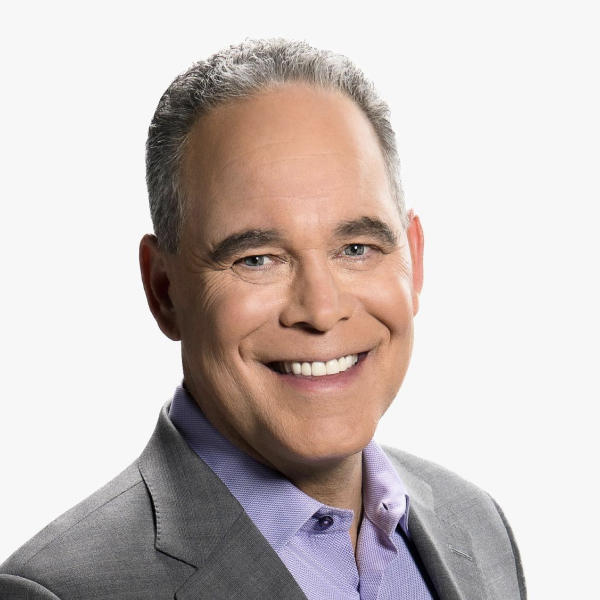FDA cracks down on compounding pharmacies
(CBS News) More than 700 people have become ill and more than 50 of them have died of meningitis since a pharmacy in Massachusetts manufactured thousands of vials of contaminated steroids. It's the worst pharmaceutical disaster in recent times and it's drawn attention to the rapid growth of compounding pharmacies. There are thousands of them in America making high risk drugs, but they're not supervised by the FDA. Since the disaster, the FDA has been looking into this.
Half a year after the meningitis outbreak was traced to unsanitary conditions at the New England Compounding Center, the FDA conducted 31 unannounced inspections in 18 states of other compounding pharmacies. The agency found conditions that could create a risk of contamination in all but one.
FDA investigators find safety concerns at 30 drug compounding pharmacies
Compounding pharmacy trouble extends beyond NECC
NECC insider describes fraud at heart of meningitis outbreak
"What we're seeing now," said Sarah Sellers, a former FDA inspector who now consults for the pharmaceutical industry, "suggests a much more systemic problem and that will need to be considered in both state legislation and federal legislation moving forward."
Over the last two months, Inspectors reported finding black particles in vials of injectable steroid at one company. Rust and mold were found in clean rooms at other compounding pharmacies as well as tears in worker's gloves that exposed their skin.
"I think what we are seeing in these waves of inspections is that the producers of sterile products are not meeting federal sterility requirements, and that is a vulnerability," said Sellers.
Watch the "60 Minutes" report from March on New England Compounding Center:
Currently, the FDA does not have primary oversight of compounding pharmacies. States do, although the FDA can step in. The compounding industry doesn't want to see that change and, despite the FDA's latest report, said NECC was an outlier.
In a statement Friday, the industry's trade group said the FDA is using "...inappropriate standards..." and "this sudden and legally questionable change in standards does not further public safety."
On "60 Minutes," FDA Commissioner Margaret Hamburg told Scott Pelley some pharmacies were reluctant to cooperate with the agency's latest inspections.
Hamburg: "We even had to go to the courts and get a warrant to go into one of these facilities 'cause they were questioning our authorities. And that speaks volumes to me. "
Pelley: "You were getting push back from the compounders, saying, 'You don't have the authority to come in here. We're not letting you in.'"
Hamburg: "That's correct."
Lawyers for some of the compounders question the timing of these latest inspections and see this as a power grab. Next Tuesday, a House subcommittee will take up the idea of expanding the FDA's authority over compounding pharmacies.

